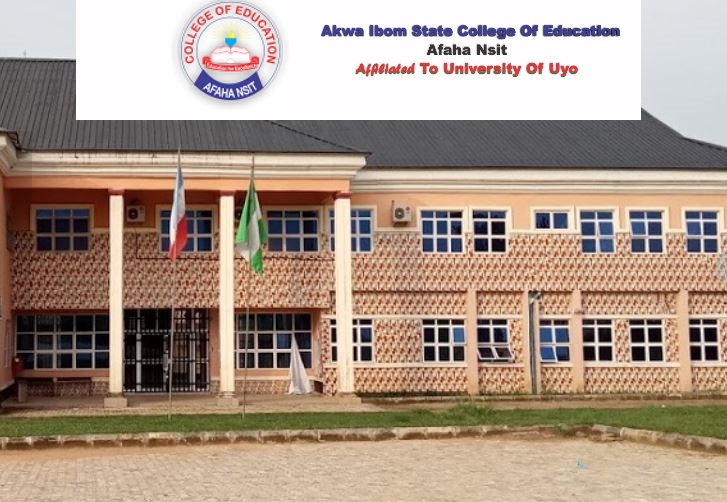
The standard of education in Nigeria will continue to fall because politics and white collar job are hindering the development of the sector, Ibrahim Malumfashi, Dean, Faculty of Arts, Kaduna State University, has said.
In an interview with our correspondent, Malumfashi, who is also the Head of Department, Nigerian Linguistics and Logistics, at the university, added that students are not interested in learning, but are only interested in getting good certificates at all cost to secure white collar jobs.He said the education sector in the past was much better than what is obtainable now because during the colonial rule, there were structures on ground to make sure that the education sector really works.
"There was support from government in terms of infrastructure, recruitment of staff, equipment and so on, even the monitoring aspect of the system was better before than what is obtainable today. At that time, you had inspectors for primary and secondary schools and they were always up and doing. From the early 1970's to the 80's, we started observing retrogression in the sector. Some people blamed the whole scenario on over explosion of students and pupils right from 1976, when Obasanjo introduced the Universal Primary Education (UPE) which brought a lot of movement from the primary level to the secondary."
"By 1982, the number of students coming out of the primary school going to the secondary school and those leaving the secondary school to the higher institution quadrupled and pupils were just being graduated en-masse; that was the beginning of the whole problem," he said.
Malumfashi, who said politics also plays a major part in the education system, added, "It is like this; if I am chairman of a particular local government, I will ask my people to bring their relatives, and we will just put them in the system to continue collecting salary without doing the job."

